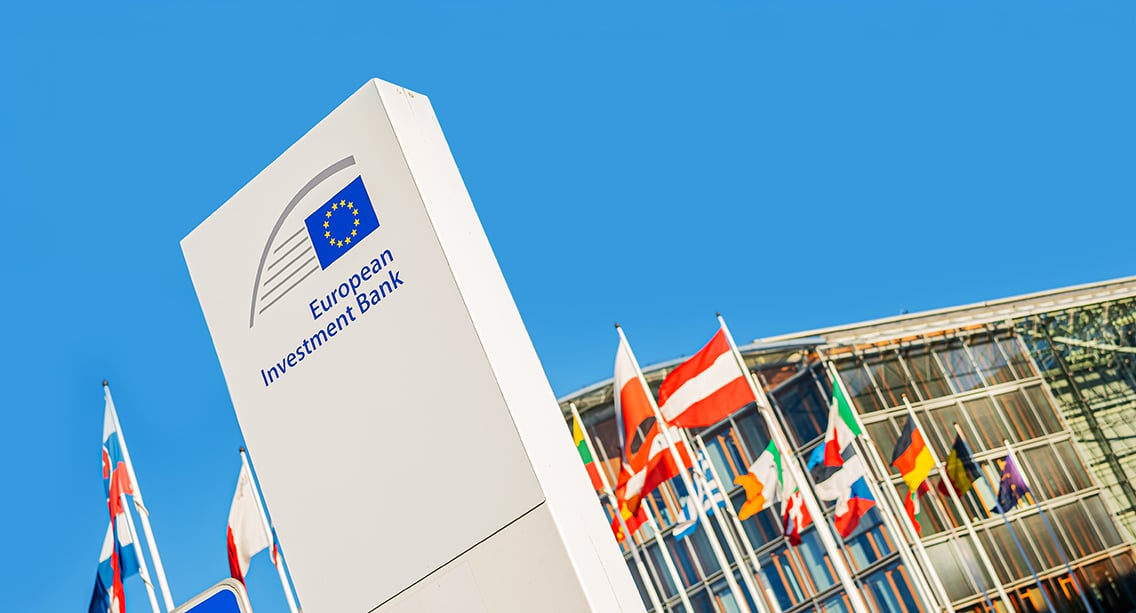
This article was produced with the support of Boost Africa
In 2024, EIB Global – the development arm of the European Investment Bank (EIB) – signed €7.9bn across 102 projects outside the EU, with 60% targeting climate action and environmental sustainability and €6.7bn supporting the EU’s Global Gateway initiative, as detailed in the EIB Global Impact Report 2024/2025.
In Africa, EIB Global confronts critical barriers, notably debt sustainability concerns and governance issues that severely limit public sectors’ ability to fund infrastructure and development projects. With public investment constrained by high debt, volatile commodity prices and climate vulnerabilities, the private sector emerges as a vital engine for growth and EIB Global is at the forefront of unlocking its potential.
The private sector, with its agility and innovation, is uniquely positioned to fill this gap, but it requires support to scale effectively. EIB Global’s strategic role is to deliver EU priorities, namely climate resilience, gender equality (28% of projects) and alignment with the UN Sustainable Development Goals, while fostering economic stability through innovative financing solutions. The EIB Global Impact Report highlights tangible outcomes from 2024: 1.8m people gained access to safe drinking water, 7.1m households were supplied with clean electricity, 800,000 jobs were sustained in small and medium enterprises (SMEs) and 600,000 benefited from improved health services.
Private-sector development
Edward Claessen, head of the EIB Eastern Africa Hub, says: “We’re here to support private sector development as well… bringing not only money, but also technical assistance.” By blending loans with grants and leveraging its AAA-rated status, EIB Global delivers concessional financing and technical support, aligning with EU external policies and fostering win-win partnerships that drive sustainable development.
The strategic importance of EIB Global’s work in Africa cannot be overstated. The continent’s young population, burgeoning tech ecosystems and untapped markets present immense opportunities, but systemic barriers like limited access to finance and technical expertise must be addressed. EIB Global’s interventions, through initiatives like Boost Africa, under the EU’s Global Gateway strategy, are designed to empower entrepreneurs, create jobs and build resilient economies.
EIB Global’s operations in Africa have a key focus on private sector development through intermediaries such as local banks, private equity and venture capital funds.
The “Invest in Young Businesses in Africa” initiative exemplifies this approach, aiming to unlock entrepreneurship and create sustainable jobs. By investing in private equity funds that target SMEs, EIB Global fosters innovation in high-growth sectors like ICT, agribusiness and financial services. EIB has so far committed €3.8bn in 178 African-focused funds, in turn helping to mobilise some €32.4bn from other investors who are attracted by EIB’s early catalytic investment in these funds, highlighting the scale of its commitment.
Boost Africa
Boost Africa, a joint venture between EIB and the African Development Bank (AfDB), has mobilised €382m, investing in 73 companies across the continent, with the number expected to exceed 120 at the end of the investment period. This aligns with Global Gateway’s inclusive approach, emphasising sustainable infrastructure and economic partnerships.
Boost Africa’s aim is to make Africa’s venture capital landscape self-sustaining in that it can organically and independently attract both local and international investors who understand Africa risk and can price it appropriately.
A key challenge arises when African fund managers approach international investors. Mentioning “Africa”, “emerging or first-time fund manager” and “early-stage investment” in the same breath often triggers concerns, raising red flags in investors’ minds due to perceived risks associated with the region and unproven track records. As Africa’s venture capital landscape is still evolving, investors often lack comprehensive data to understand the continent’s ecosystem fully. Documenting trends, advancements and lessons learned is crucial for building robust, valuable databases that enhance investor confidence and inform decision-making.
The venture capital landscape is a people business built on trust. African fund managers who are, in most cases. either first-time or emerging managers have not built the networks or relationships that are necessary to earn investors’ trust. Boost Africa is taking a chance to invest in these emerging fund managers, and the initiative is providing them with a chance to prove themselves and to earn a track record for future investment.
Encouraging domestic private capital mobilisation is another key focus of Boost Africa. The continent’s venture capital landscape is heavily dependent on external funding, making it susceptible to international shocks.
Local investors are less sensitive to political risk, currency risks and other changes, as they already operate in the market. This makes them particularly resilient to social or political turmoil. Many are eager to explore the venture capital market and are growing more supportive of new, local fund managers. Like their international counterparts, they prioritise profitability in their investment decisions. To accelerate this process, local investors require greater awareness and education, as many prefer direct investments in companies over private equity or venture capital funds. Additionally, most local investors tend to focus on familiar sectors, limiting opportunities for innovation and diversification in the ecosystem.
Fear is not rooted in reality
One key thing to come out of the Boost Africa initiative is that the fear of investing in Africa is more of a percep-tion issue than reality. The EIB has structured a junior tranche or first-loss absorption mechanism when investing in African funds under Boost Africa. This means that it commits to taking on some of the losses that venture capital funds could incur and shield other investors in the same fund. This has worked to attract investors who would otherwise have shied away, giving them the chance to experience first hand that investing in Africa is indeed commercially viable.
Support for Africa’s development needs through mobilisation of private capital under programmes like Boost Africa will be a key feature of the upcoming EU- AU Business Forum in Luanda, Angola in November 2025. The Forum looks to highlight how investments by European partners like the EU or EIB can further strengthen EU-AU relations for win-win outcomes.
EIB Global’s collaborative model extends to Team Europe Initiatives, in which it works with EU member states and development finance institutions to maximise synergies. Strong regional focus ensures that investments are tailored to local needs while advancing EU priorities like climate action and gender equality.
EIB Global’s alignment with EU external policy and Africa’s development priorities establishes it as a powerful catalyst for sustainable progress across the continent. Through innovative financing mechanisms and strategic partnerships, EIB Global empowers the private sector to unlock Africa’s vast potential, fostering job creation, driving innovation and contributing to global prosperity. Initiatives like Boost Africa exemplify the transformative impact of patient capital and targeted technical assistance, enabling entrepreneurs and SMEs to thrive in high-growth sectors such as technology, agriculture and financial services.
By addressing systemic barriers such as limited access to finance and technical expertise, EIB Global builds resilient, inclusive economies that prioritise climate action, gender equality and alignment with the UN Sustainable Development Goals.
These efforts not only strengthen local ecosystems but also position Africa as a dynamic player in the global economy, paving the way for a sustainable future where opportunity and prosperity are shared widely across the continent.

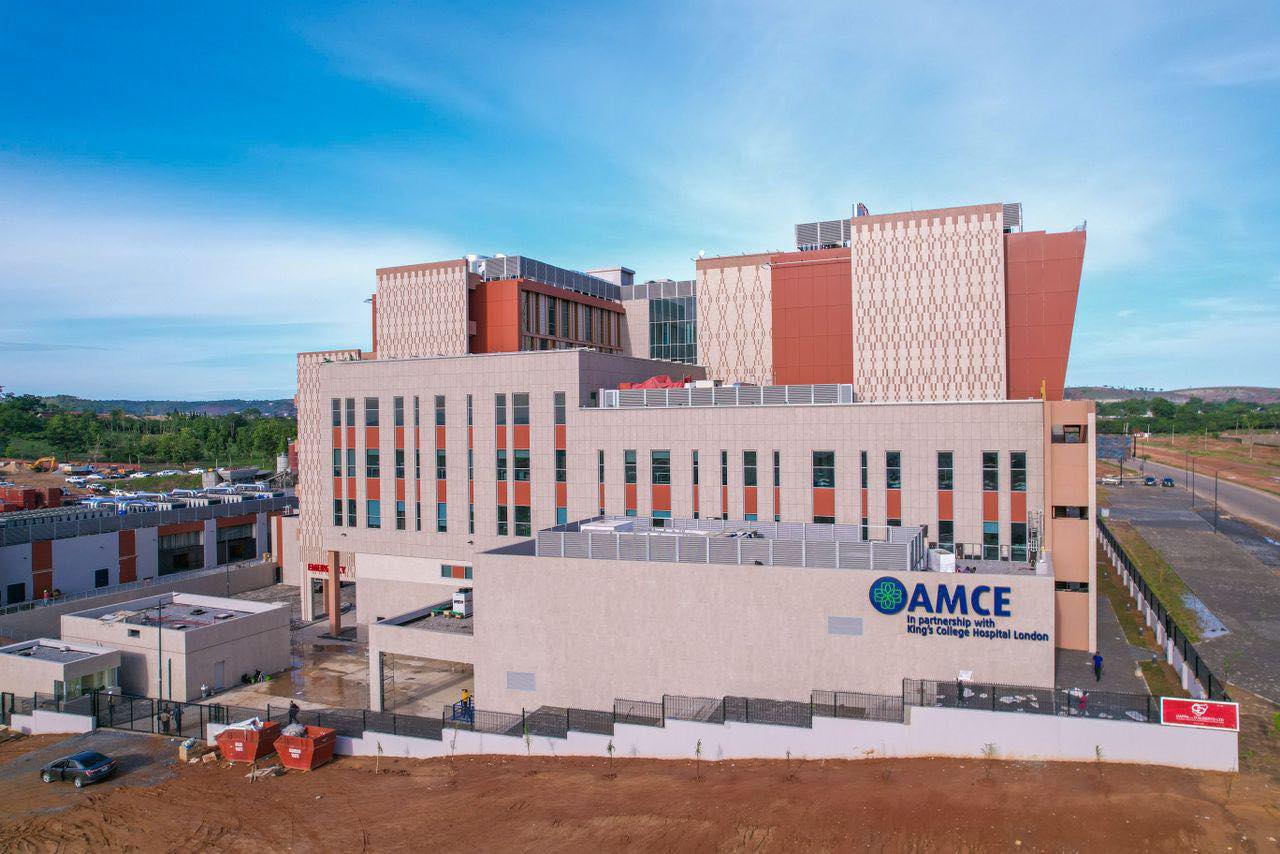
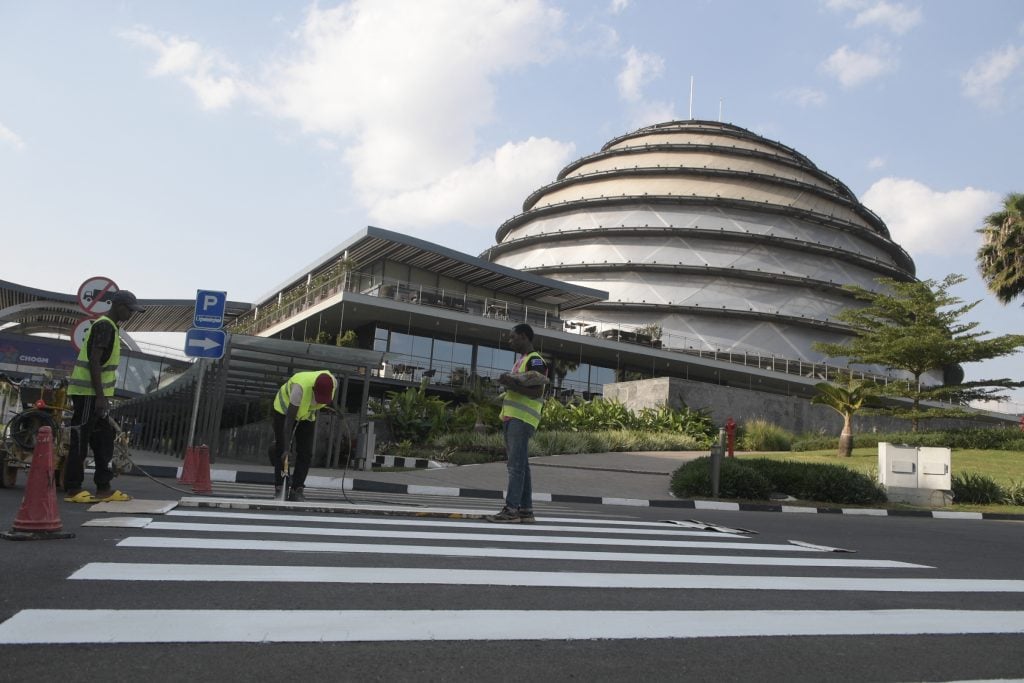
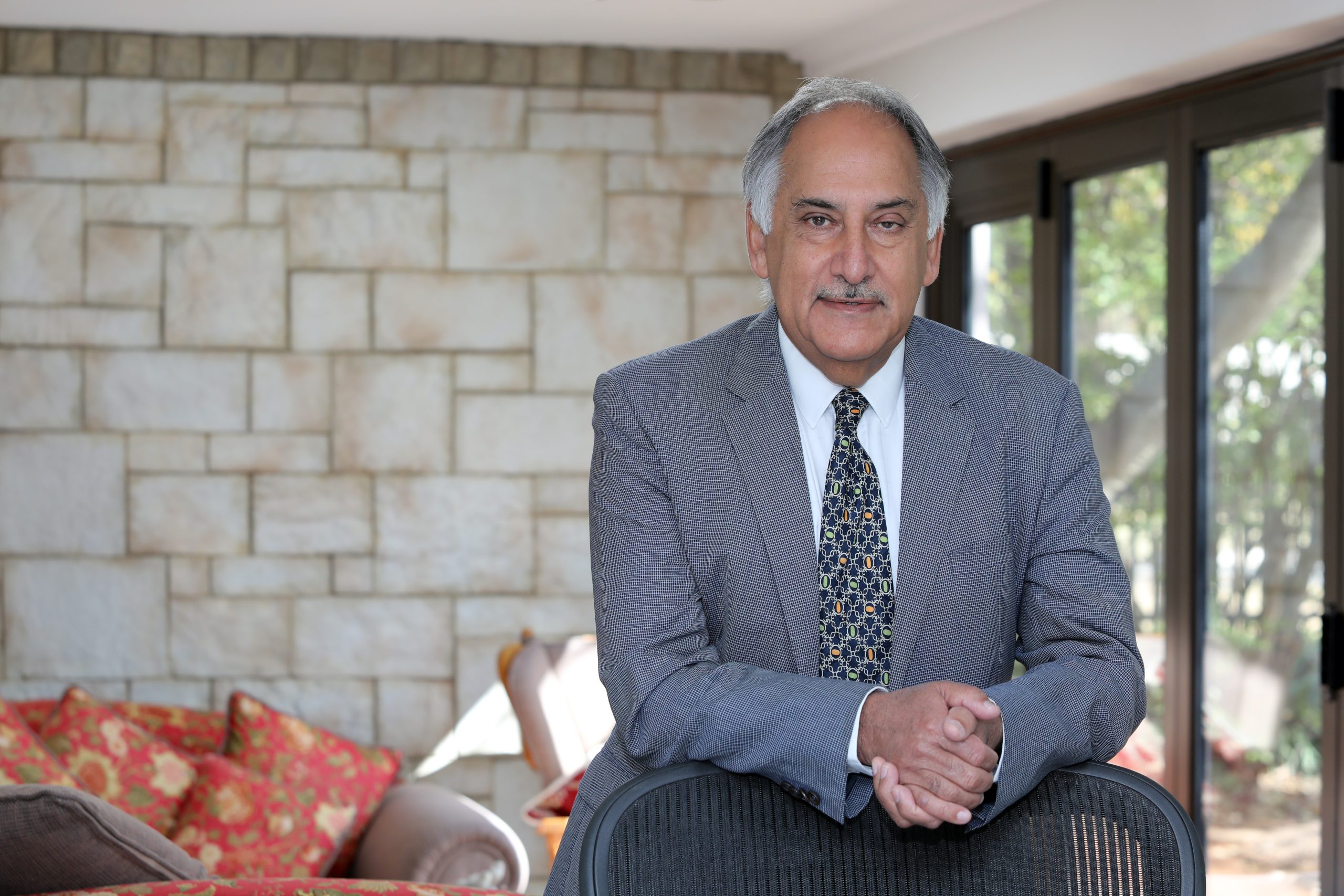
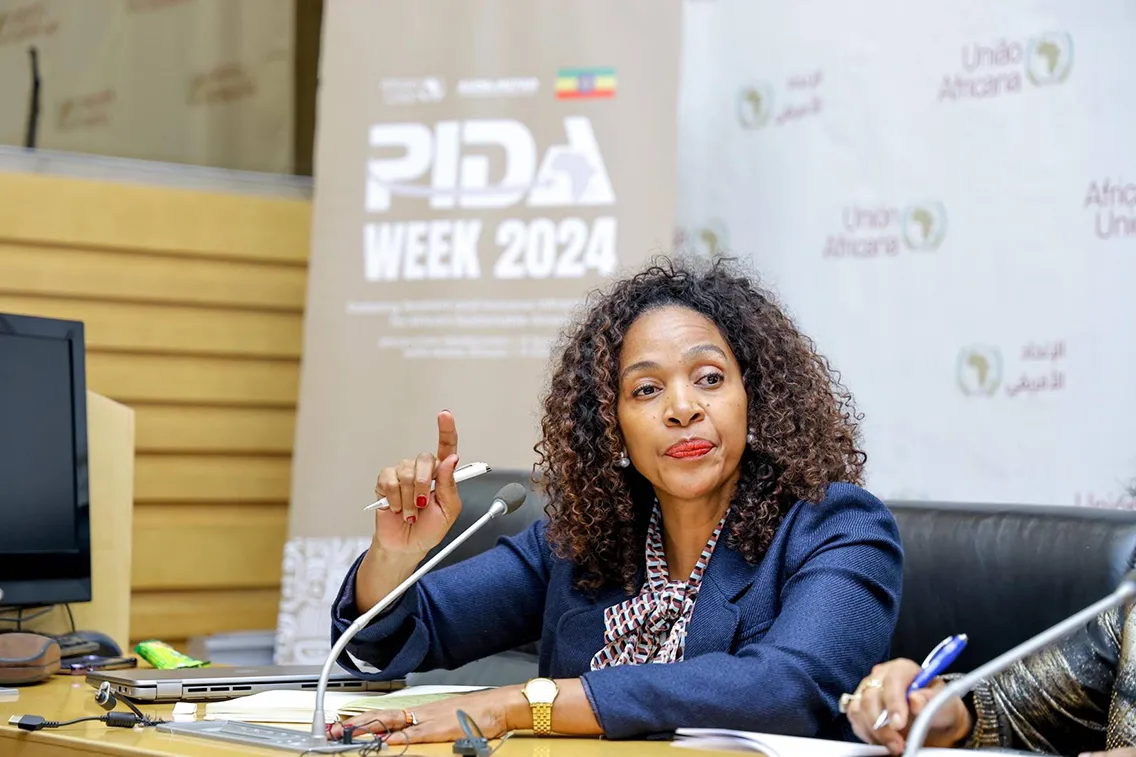

Recent Comments